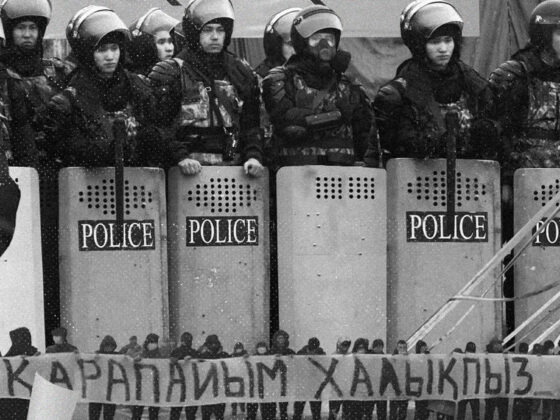What changes took place in Uzbekistan when the country attained independence from the Soviet Union, and why did they result in mass job insecurity for the population?
Author
Franco Galdini
Franco Galdini is an ESRC postdoctoral fellow in the Department of Politics at The University of Manchester.
Land decollectivization mediated independent Uzbekistan’s development as a global cotton exporter. The state distributed collectively-used land to small private farmers to guarantee the continuation of cotton production, whose export went to subsidize domestic industries rather than rural employment and infrastructure. With little land and no stable jobs, most people entered the precarious informal economy, including as daily workers and labor migrants.
References:
Rise of the Surplus Population? Land Decollectivization, Class Stratification, and Labor Precarization in Uzbekistan: https://doi.org/10.1017/S0147547923000121
Introduction to the Special Issue Precarious Labor, Capitalist Transformation, and the State: Insights from Central Asia: https://doi.org/10.1017/S0147547923000182
University of Manchester page: https://research.manchester.ac.uk/en/persons/franco.galdini
ORCID: https://orcid.org/0000-0002-3467-5466
This work was supported by the Economic and Social Research Council (ESRC) [grant number ES/X006069/1]
The post Why Is Job Insecurity So Widespread in Independent Uzbekistan? appeared first on Voices On Cental Asia.







